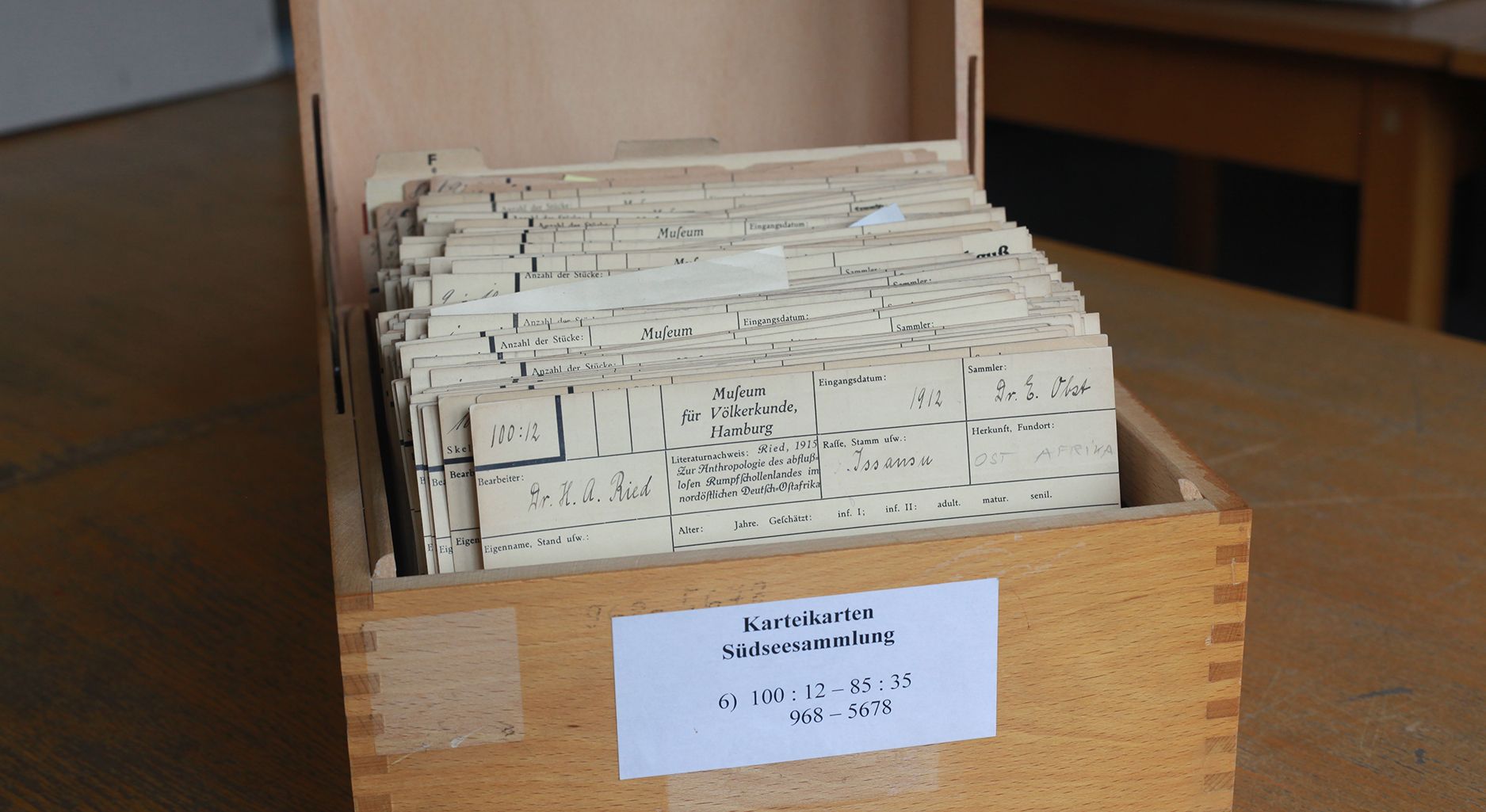Bones of Injustice: Political Frictions in Restitutions of Human Remains from Colonial Contexts
In recent years, many museums and universities have begun to address past colonial injustices by...
